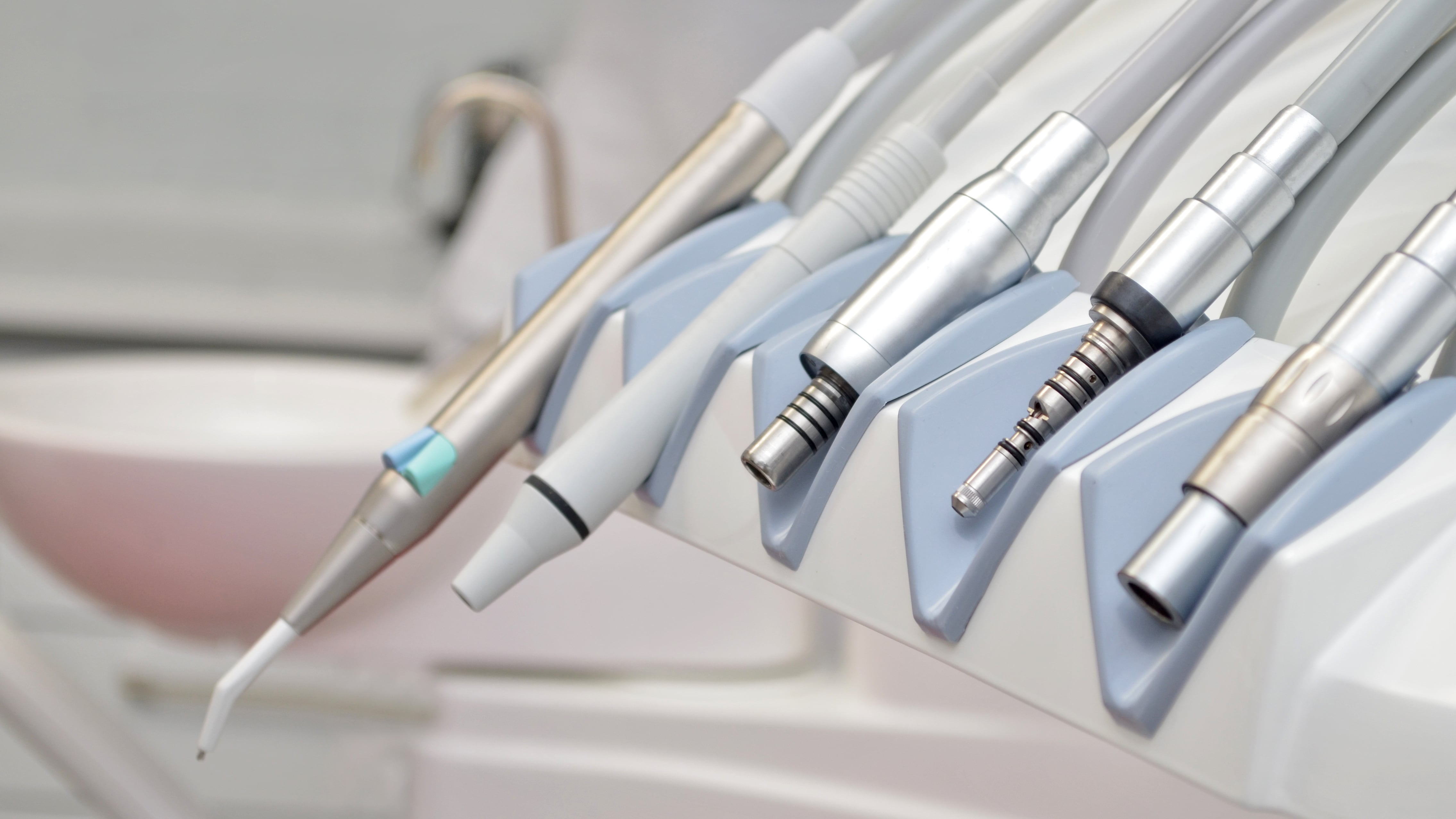A Lake Oswego orthodontist is in the crosshairs of a $20 billion medical device company, Align Technologies, which alleged in a federal lawsuit filed on Tuesday that Dischinger Orthodontics is effectively counterfeiting its flagship product, Invisalign braces.
The lawsuit alleges Dischinger lures patients in with promises of Invisalign and then does a “bait-and-switch,” giving them an off-brand competitor.
Bill Dischinger, a well-known figure both among Lake Oswego parents and the broader orthodontia community, says he was shocked to learn yesterday that he was the subject of the $28 million lawsuit. He says he’s done nothing wrong. “We do use Invisalign,” he contends. “No false claims are being made.”
The lawsuit represents a battle between two esteemed brands. One, Invisalign, is a technology born in a Stanford dorm room in 1997 that has gone on to become an international profit machine—built on the back of a massive advertising campaign that has convinced much of the public it’s a better alternative to braces.
The other is the Dischinger family, which runs a popular Lake Oswego orthodontia business founded by Terry Dischinger, the three-time NBA All-Star and former Portland Trailblazer. Terry died last year. His son, Bill, now runs the clinic.
The conflict stems from the fact that Invisalign’s patent on the groundbreaking technology expired in 2017, opening the door to a slew of competitors looking to take a bite out of Align’s nearly $4 billion in annual revenue.
Some, like SmileDirectClub, which operated independently of traditional orthodontist practices and was dogged by allegations of shoddy care, have sputtered. But others have had more success, including Ormco, the 70-year-old braces manufacturer that launched an Invisalign competitor in 2019 and has since aggressively marketed its Spark brand to orthodontists.
This has all worked out well for Dischinger, who’s been paid generously by Oromco in exchange for promoting its products. According to Invisalign’s lawsuit, Dischinger is a “Key Opinion Leader” for Oromco, and has been paid $1.2 million in speaking and consulting fees. (A federal database confirms that number.)
This annoys Align, which takes particular objection to Dischinger’s liberal use of its brand to promote his own business. His website, in an odd interbrand mashup, promotes “Invisalign® Spark Clear Aligners.” When you search online for a Lake Oswego Invisalign provider, Dischinger’s clinic pops up.
This is false marketing, Align claims. The company says Dischinger hasn’t offered Invisalign services in four years. (The lawsuit points to an article Dischinger published in a trade publication in 2020 saying he’d “changed over to Spark Clear Aligners from Ormco in December 2018. In my hands, this product was far superior to what I had been using.”)
Dischinger tells WW he has over a dozen patients still using Invisalign. In fact, he says, one of the practices he owns, Magic Smiles in Portland, “was a top 1% Invisalign provider last year.”
This lawsuit, he says, was the first he’d heard that Invisalign was demanding he remove its brand from his website. “I don’t know why a lawsuit was filed when no communication had been given to me about their concerns,” he said in an email.
Align says it estimates Dischinger has given Spark aligners to 1,250 patients, which it calculates amounts to $7 million in lost revenue. The company is also asking for an additional $21 million in damages since Dischinger’s “activities constitute counterfeiting.”

